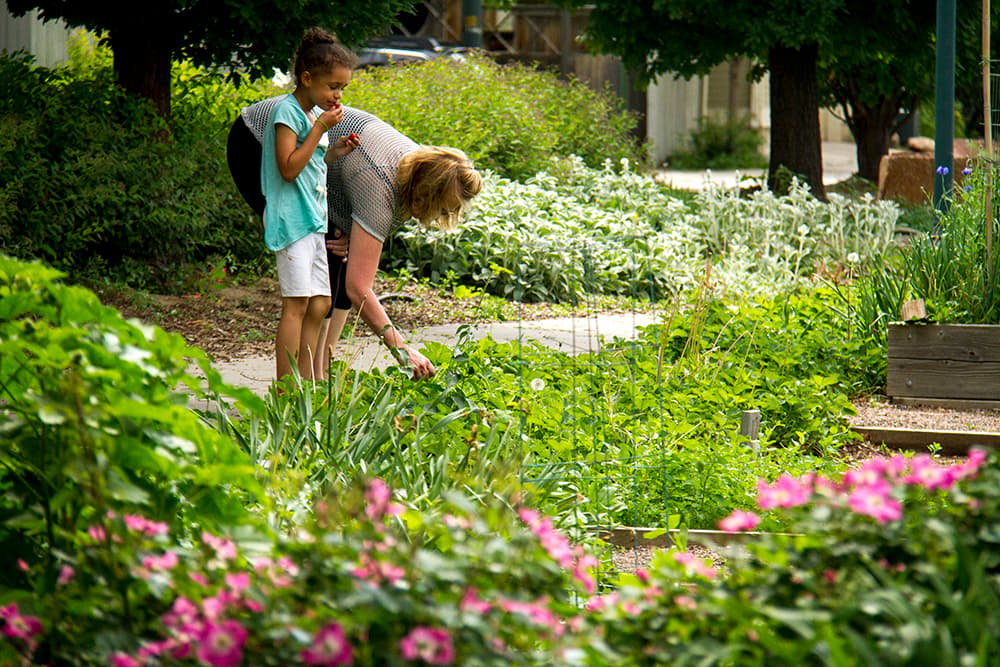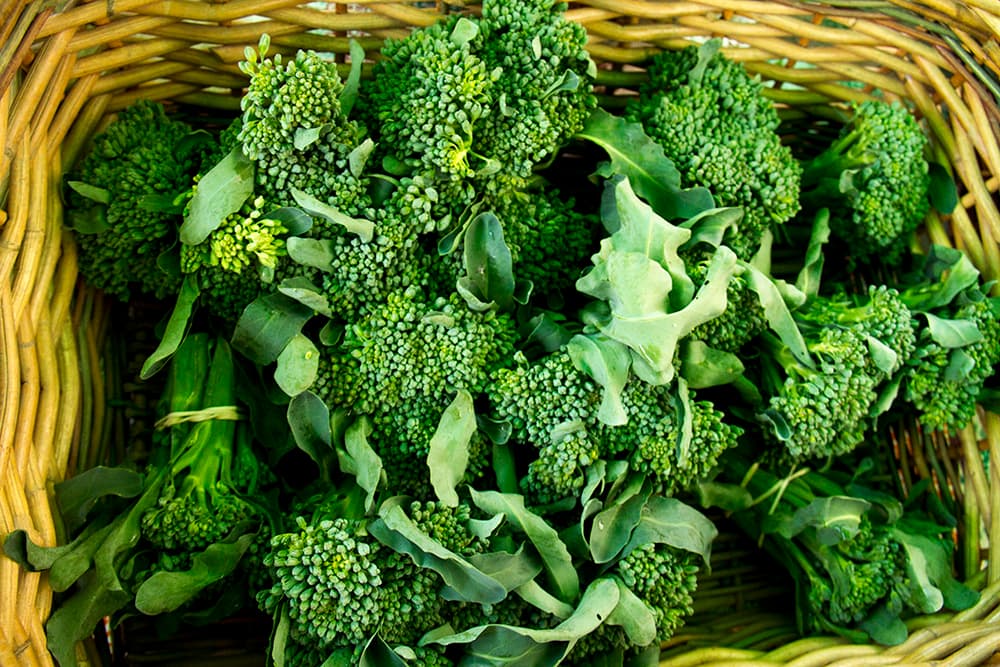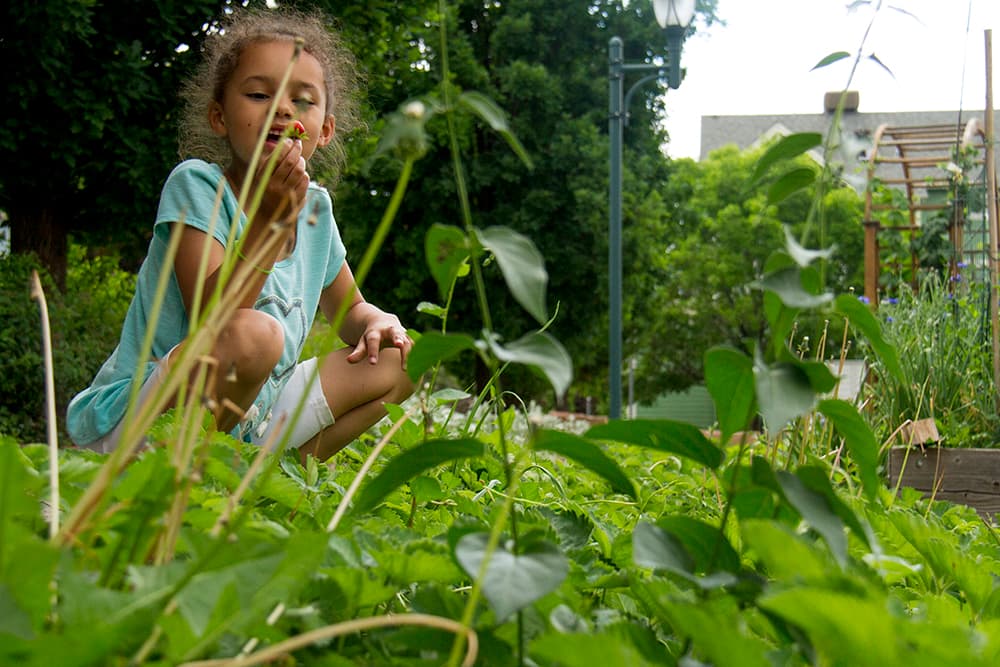
The city of Denver is considering a plan meant to bring more food retailers to more neighborhoods, encourage healthy eating and make Denver the "epicenter for the regional food economy."
The plan, called the Denver Food Vision, lays out a set of specific strategies that the local government could use to get there. It focuses on the entire "food system," from ranches and farms to individual neighborhoods' restaurants and grocers.
The document currently is up for community review, with public comment sessions to be held on Jan. 12.
Here are some of the specific suggestions that jumped out at me as I read through it – though, keep in mind that the approval of the plan won't necessarily mean all of this happens.
Neighborhood level:
The plan calls for "complete neighborhood food environments." That definition will change depending on the neighborhoods. Strategies to get there listed in the report include:
- Invest in community gardens
- Offer financial incentives to bring grocers to underserved neighborhoods
- Plan sidewalks, bike routes and transit around food retailers
- Make it easier to use public spaces for farmers' markets, food trucks and community-supported agriculture (CSA) businesses
- "Explore solutions to alleviate concentration of unhealthy food retailers in neighborhoods." I'm not sure what that might entail.

City strategies:
Denver already has hired a food systems development manager, Blake Angelo. (More on that here.) The plan outlines some more city-level actions that Denver could take.
- Invest in programs that rescue "fresh and healthy foods that would otherwise be wasted"
- Reduce "unhealthy food options," such as sugary drinks, in city facilities
- Expand after-school and summer meals programs
- Make maps, signs and marketing tools about "healthy food retail options"
- Expand health education
Economic strategies:
If Denver wants local food to eat, according to this plan, then it needs to support local food businesses.
- Streamline permitting processes for food-related businesses
- Promote tourism around food and beverages
- Develop or support entrepreneurship programs and financial support for new businesses
- Support food-specific workforce programs
- Preserve existing food infrastructure while encouraging sustainable innovations
Give your feedback:
Again, I'd recommend reading the plan yourself. You can weigh in via an online survey, email or at the public input meetings.
Those feedback meetings will be held on Jan. 12 at:
- 3 to 4:30 p.m., Mile High United Way, 711 Park Avenue West
- 6 to 7:30 p.m., Commons on Champa, 1245 Champa Street














